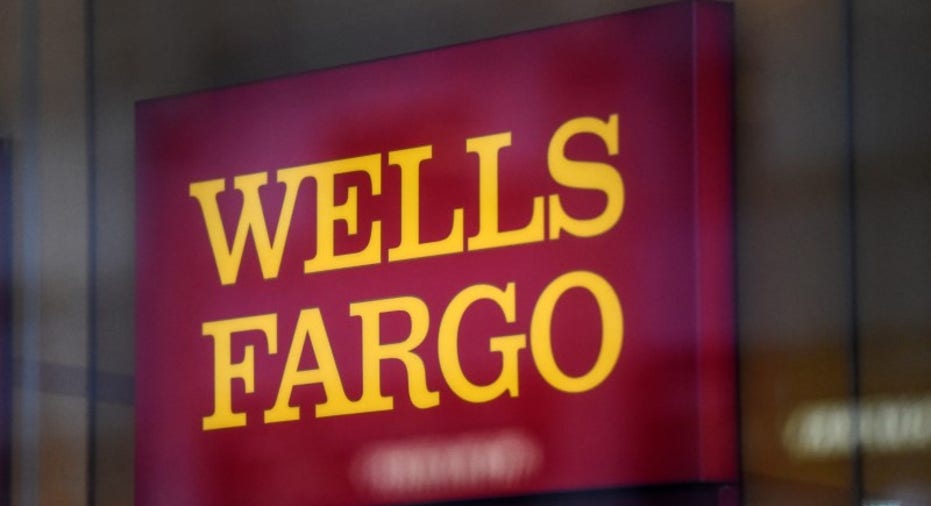Wells Fargo troubles shift from phony bank accounts to real ones

After paying customers millions of dollars for opening phony accounts they did not want, Wells Fargo & Co has said it is now grappling with the possibility it harmed customers by closing real accounts they needed, leaving them without access to funds.
Wells, the third-largest U.S. bank, disclosed in a regulatory filing on Aug. 4 that the Consumer Financial Protection Bureau (CFPB) is looking into the matter, one of many regulatory probes the bank faces over its treatment of depositors and borrowers.
A Reuters review of the regulator's complaints database found several instances of customers reporting financial hardship in recent years after Wells Fargo unexpectedly froze or closed their accounts.
Some of the complaints described fraudulent deposits of unknown origin. Others said they were victims of identity theft and Wells Fargo closed their accounts and refused to reopen them or open new ones. One customer said the bank closed an account after a hacker changed personal information, and then Wells Fargo improperly sent funds to the wrong address.
The complaints had consistent themes of confusion about why accounts were frozen or closed, and reflected desperation over being unable to access money, as well as frustration over not getting help from Wells Fargo's customer service.
"I moved money from my mother's savings account into her checking account the day before she passed away," one Wells Fargo customer wrote. "This checking account has been 'locked' by the fraud department for almost 3 months ... Now her debts are delinquent and mortgage about to go into foreclosure."
Reuters could not independently confirm reported details because the CFPB does not make complainants' identities public.
Well Fargo's major competitors did not report similar issues or regulatory probes in their quarterly filings.
"We continue to work with our regulator on this matter. As always, our goal is to protect our customers and the bank from fraud, and we want to do so in ways that minimize the risk and impact on our customers," Wells Fargo spokesman Kristopher Dahl said in an email to Reuters.
A spokesman for the CFPB declined to comment.
Wells Fargo's troubles started nearly a year ago when it said it had opened as many as 2.1 million accounts in customers' names without their permission. Since then, the bank has said it charged customers for insurance they did not request, may have required others to pay unnecessary mortgage fees and also may have inappropriately tacked products like identity theft protection on to customers' accounts.
Unlike those issues, which stemmed from Wells Fargo trying to generate more revenue from customers, the frozen accounts appear to have arisen from an abundance of caution.
Banks have had to contend with a rising number of scams. As a rule, lenders are "very zealous in protecting against suspicious activity," said Brad Rustin, partner at law firm Nelson Mullins, who counsels financial companies on compliance.
That has been driven partly by other regulators, like the U.S. Treasury Department, which require banks to root out fraud, money laundering and other financial crimes.
It is not clear whether Wells Fargo was particularly aggressive in that regard or if a broad review of operations after the phony accounts scandal erupted led the bank to discover issues with improper account closures.
(Reporting by Dan Freed in New York; Editing by Lauren Tara LaCapra, Meredith Mazzilli and Matthew Lewis)



















